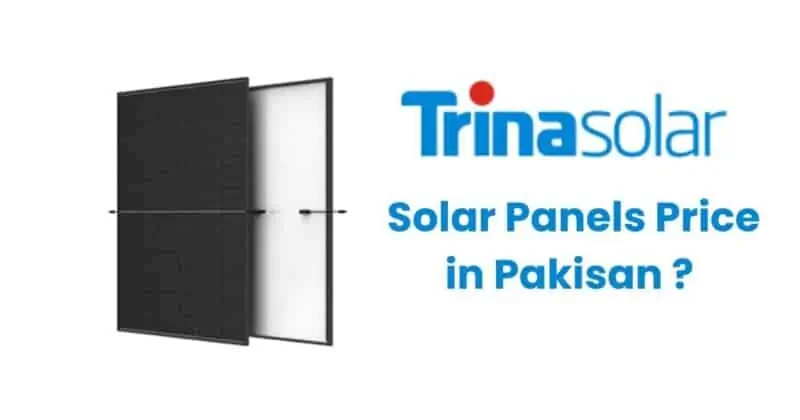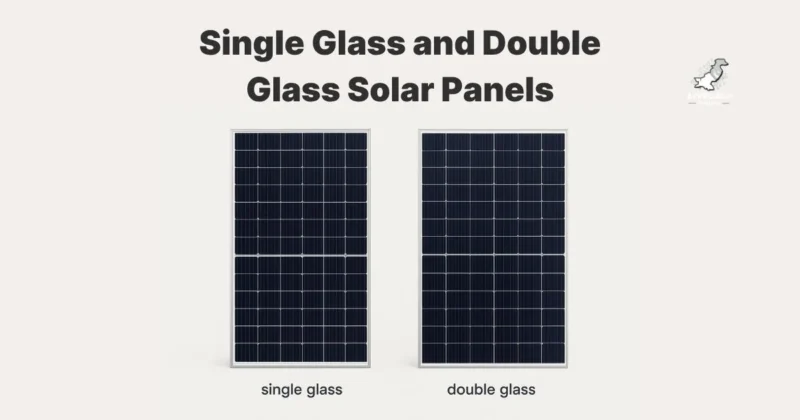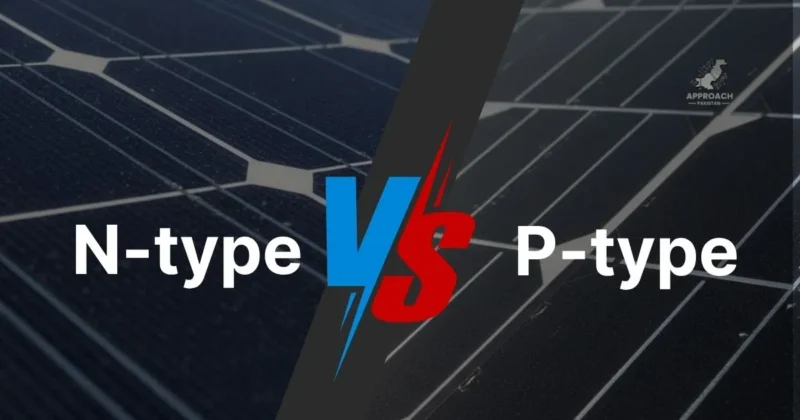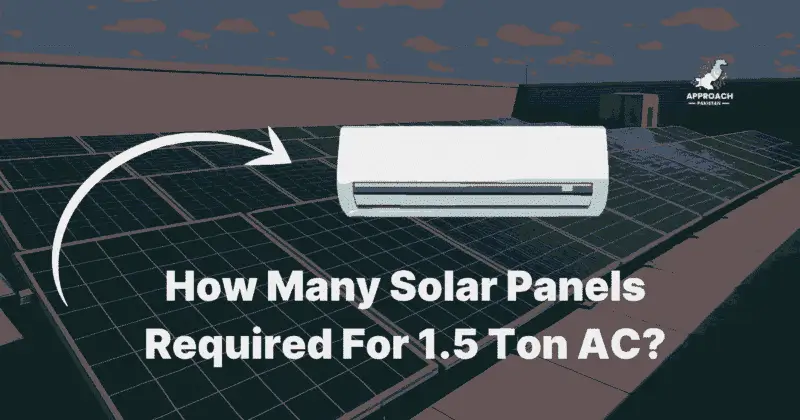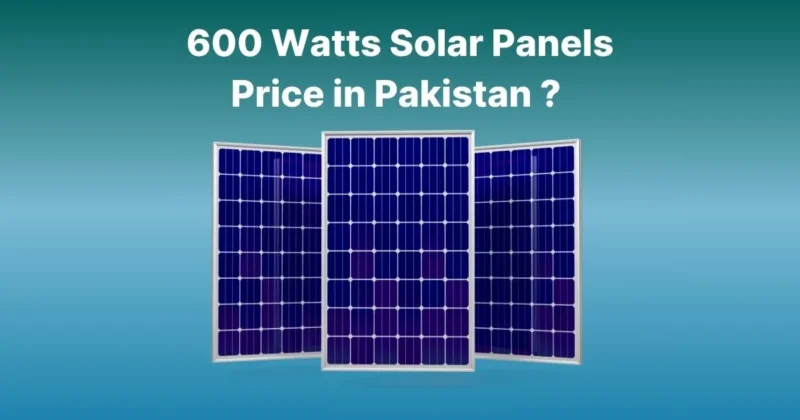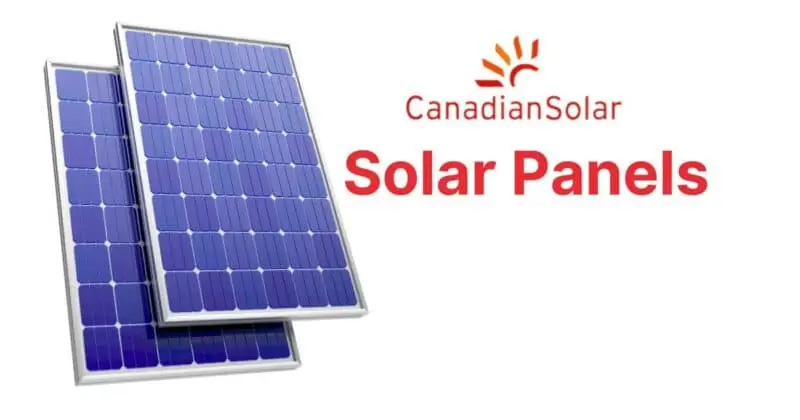Single vs Double Glass Solar Panels: Which One’s Better?
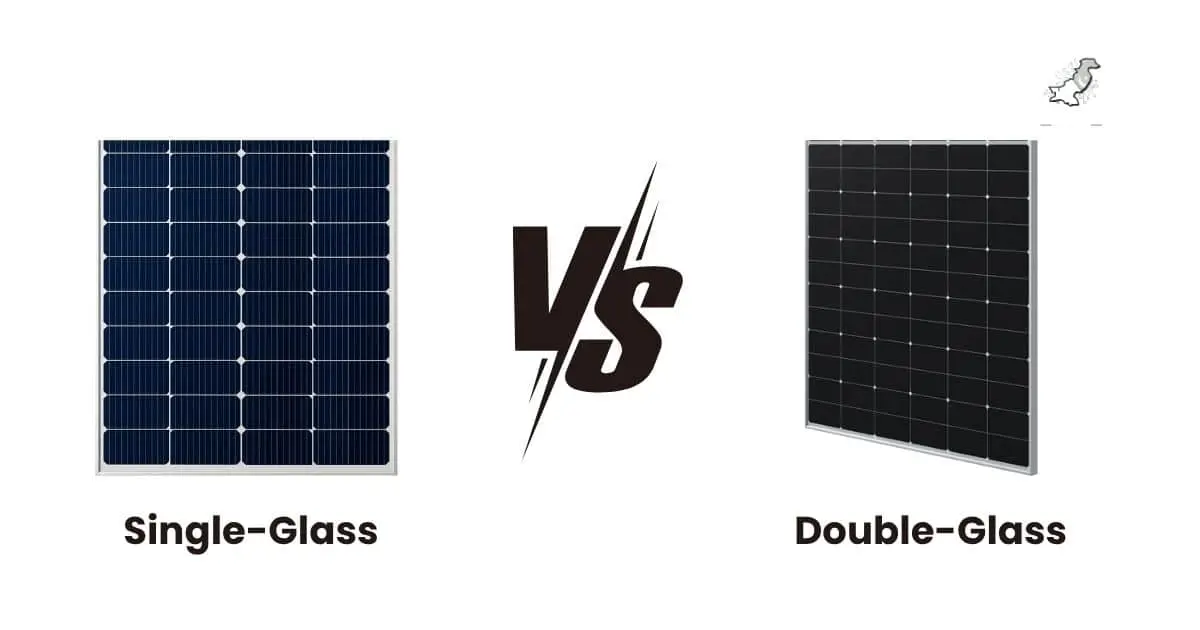
When choosing between single-glass and double-glass solar panels, your decision impacts performance, reliability, and long-term benefits. This guide will walk you through their structure, advantages, and trade-offs so you can make an informed decision.
Understanding Single Glass Solar Panels
Single-glass solar panels (monofacial) are widely used due to their affordability and reliability.
Structure & Design
- Single-layer tempered glass at the front (3.2–4mm thick)
- Polymer backsheet
- EVA encapsulant
- Aluminum frame
- Weighs 35–45 lbs (18–22kg/m²)
Pros of Single Glass Panels
- 30% Cost Savings: 0.60–1.10 USD/Watt
- Lighter Weight: Easy to install, saves on labor
- Proven Durability: 25+ years of field data
- Fast Availability: Ships within 48 hours
- Weather Resistant: Survives hail, hurricanes, temperature extremes
Cons of Single Glass Panels
- Slightly lower efficiency in extreme climates
- Lacks rear-side protection
- Can develop microcracks post hailstorms
- EVA encapsulant yellows with age
- Requires regular inspection (recommended every 6 months)
Understanding Double Glass Solar Panels
Double-glass (bifacial) panels feature two layers of glass, offering durability and dual-sided sunlight absorption.
Structure & Design
- Transparent glass on both front and back
- Encapsulant layer inside
- No polymer backsheet
- Heavier (often 50+ lbs)
- Bifacial design allows light absorption from both sides
Pros of Double Glass Panels
- 15–20% Higher Efficiency due to bifacial performance
- More Durable in coastal or high-moisture areas
- Better Temperature Tolerance and less degradation
- UV & Weather Resistant – excellent for extreme climates
- Longer Lifespan under harsh environments
Cons of Double Glass Panels
- 20–30% more expensive
- Heavier: Requires stronger mounting systems
- Aesthetic concerns: Frames may show through
- Installation complexity on weight-sensitive roofs
Side-by-Side Comparison: Single Glass vs Double Glass
| Feature | Single Glass | Double Glass |
| Construction | 1 Glass + Polymer backsheet | 2 Glass layers |
| Weight | 35–45 lbs | 50+ lbs |
| Durability | Good, but vulnerable backsheet | Excellent, fully sealed |
| Light Capture | Front-side only | Front + Rear |
| Efficiency | 19–21% | 21–24% (in ideal settings) |
| Cost | Affordable | Expensive |
| Installation | Faster, cheaper | Slower, complex |
| Lifespan | 25+ years | 30+ years |
| Availability | Easy to source | Less common |
Making the Smart Choice
Your final choice should match your goals and budget:
- Choose Single Glass if you want affordability, quick installation, and reliable everyday use.
- Choose Double Glass for long-term performance, harsh environments, or if you’re looking for higher output from the same roof space.

